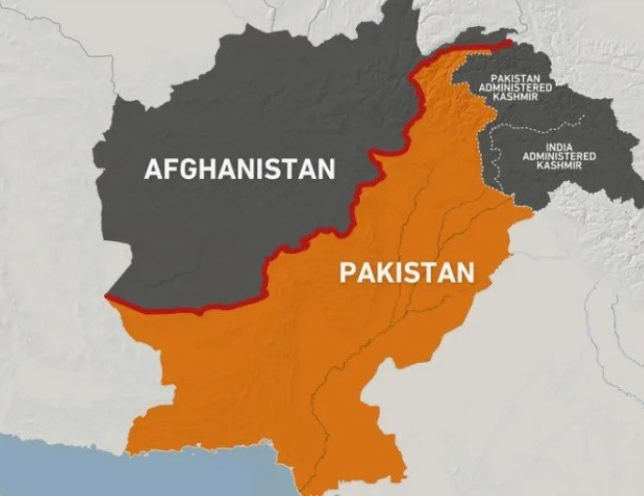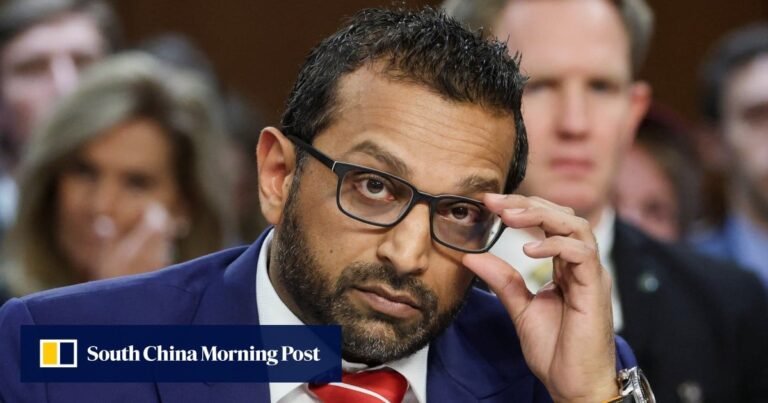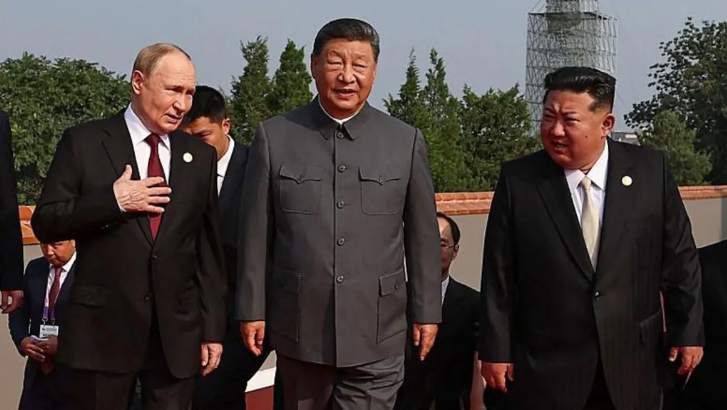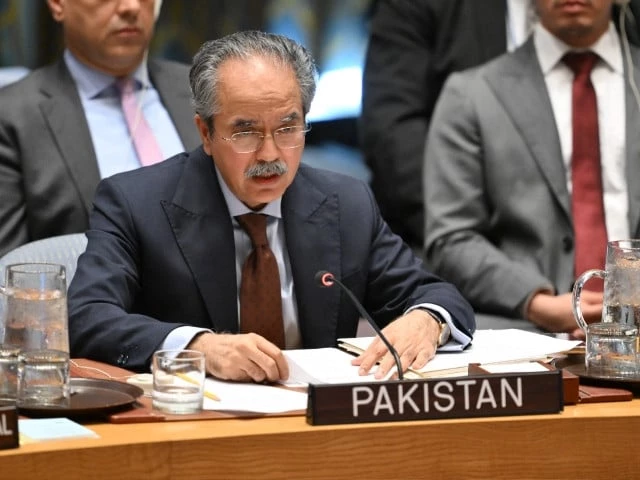The Politics of Forgotten Gratitude: A New Turn in Pakistan–Afghanistan Relations
The relationship between Pakistan and Afghanistan has always been tied by a delicate thread — one woven through faith, history, culture, and geography, yet repeatedly torn apart by politics and mistrust. As fresh border clashes between the two neighbors turn deadly once again, it is worth asking where this hostility truly comes from and why…
The relationship between Pakistan and Afghanistan has always been tied by a delicate thread — one woven through faith, history, culture, and geography, yet repeatedly torn apart by politics and mistrust. As fresh border clashes between the two neighbors turn deadly once again, it is worth asking where this hostility truly comes from and why Afghanistan seems to have so easily forgotten Pakistan’s long record of support.
Looking back, Pakistan has often acted as an elder brother to Afghanistan. In 1979, when the Soviet Union invaded Afghanistan, Pakistan opened not only its borders but also its heart. Millions of Afghan refugees found shelter, food, education, and jobs in Pakistan. At that time, no other country offered humanitarian aid on such a massive scale. Pakistan bore the economic and social burden of this exodus, believing that someday peace and brotherhood would return to the region.
During the Soviet–Afghan war, Pakistan also played a central role in supporting the resistance — training fighters, supplying arms, and providing strategic routes and logistics. It was from Pakistani soil that the campaign began which ultimately forced the Soviet army to withdraw. Yet after the Soviets left, Afghanistan fell into civil war, and Pakistan once again tried to mediate and stabilize its neighbor through diplomacy, trade, and humanitarian efforts.
After the events of 9/11, however, Pakistan found itself in an entirely different landscape. With the U.S.-led invasion of Afghanistan, Pakistan became both a frontline state and a victim of the global “war on terror.” The country faced waves of terrorism, suicide attacks, and the strain of hosting refugees who had not yet returned home. Thousands of Pakistani civilians and soldiers were killed. Yet despite its sacrifices, successive Afghan governments often accused Pakistan of interference, cross-border attacks, and providing safe havens to militants. The same Pakistan that had sheltered millions of Afghans came to be portrayed as an unreliable neighbor.
When the Taliban regained power in Kabul, many in Pakistan expected a shift toward warmer, more cooperative ties — perhaps even acknowledgment of past support. But the outcome was different. Instead of showing gratitude or alignment, the new Afghan leadership asserted independence and national pride. Cross-border incidents increased, and militant groups reportedly found space again in Afghan territory. Border management issues resurfaced, and public rhetoric in Kabul began emphasizing autonomy and nationalism over partnership.
This attitude is not merely a product of stubbornness but the result of several deeper realities.
First, the Taliban government views external influence — especially from Pakistan — with great sensitivity. To them, independence is not just political but symbolic of survival after decades of foreign control.
Second, anti-Pakistan sentiment has long served as a convenient narrative within Afghan politics, often helping leaders rally public opinion.
Third, regional players like India, Iran, Russia, and even China have cultivated their own interests in Afghanistan, making the geopolitical chessboard far more complex than before.
For Pakistan, the current situation feels paradoxical: it invested heavily in humanitarian aid, trade, and peace initiatives, only to face accusations and hostility in return. Afghanistan’s present stance, however, appears rooted less in memory and more in perception. The younger generation that grew up during decades of war does not remember Pakistan as a protector but as one among many actors involved in their nation’s turmoil. This perception, whether fair or not, shapes today’s Afghan policies.
The ongoing cycle of tension reflects a broader regional reality — that nations driven by self-interest rarely preserve old loyalties. In the shifting sands of power and politics, gratitude often fades, replaced by the logic of survival and sovereignty. The story of Pakistan and Afghanistan today, therefore, is not simply one of friendship lost or betrayal repaid, but of two nations still trapped in the long shadows of history — each carrying its own wounds, its own memories, and its own sense of justification.
Author: Fazal ur Rahman







